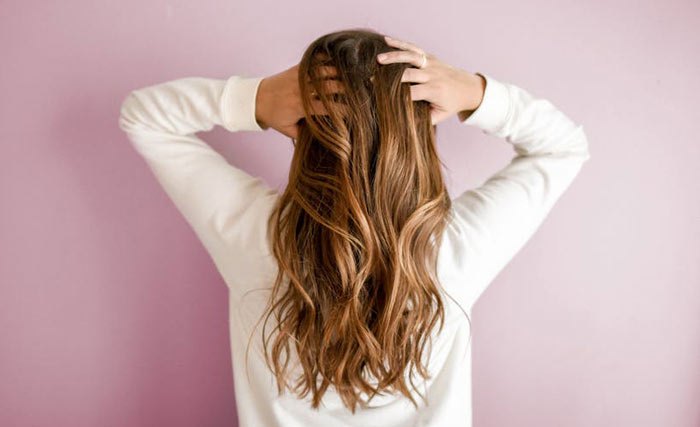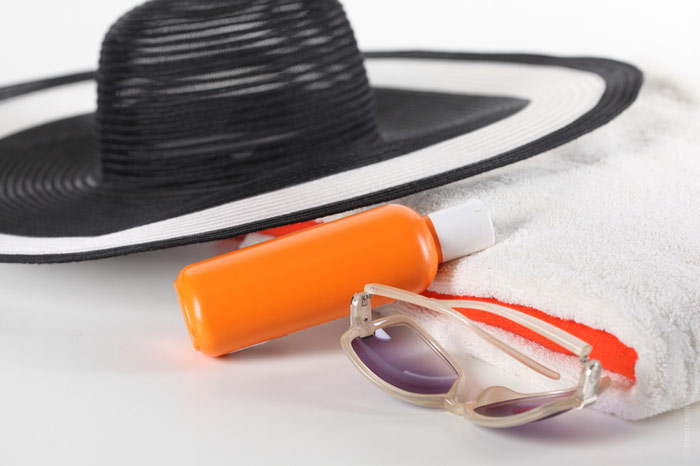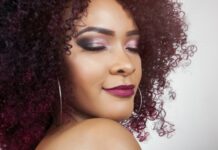
If you want to have healthy hair, you need to ensure your scalp is healthy first. You can think of it similarly to a garden with flowers in it. In order for the flowers to grow and be healthy, the soil needs to be full of oxygen and nutrients, while remaining free of bacteria and pollutants. Your head works in the same way. In order for your hair (the flowers) to be healthy, your scalp (the soil) needs to be well looked after. In this article, we’re going to take a look at the elements of a healthy scalp and explain what you can do to ensure it remains in good condition.
Oils and Moisture
Your scalp is composed of sebum producing oil glands, which help to lubricate each strand of hair as it grows. In order for your hair to remain healthy and moisturized, this sebum is essential. When a person doesn’t have enough sebum, their hair becomes dry and unmanageable. It can also be a leading reason for why your scalp itches. If this sounds like a problem you have, you can try the following:
- Introduce Omega 3 and fish oils into your diet; this will help your scalp remain balanced and moisturized.
- Avoid washing your hair too often; this strips sebum from the scalp.
- Treat your scalp with beneficial oils or a moisturizing shampoo. Products containing jojoba oil are an especially good choice.
- Speak to your doctor if you think you may have a skin condition like psoriasis causing your problems.
PH Balance
A healthy PH balance for your scalp is between 4 and 5. When your scalp is too alkaline, the cuticles open up leaving your hair dry. And, when your scalp is too acidic, your hair struggles to maintain moisture, causing your hair to look dull and flat. Unfortunately, many hair care problems contain a high PH level that disrupts the balance of your scalp, leading to the problems mentioned above. Here are your solutions:
- Perform an apple cider vinegar treatment to restore your scalp’s PH balance
- Avoid harsh shampoos and alkaline ingredients
- Use products that have been designed to target the PH of your scalp.
Cleanliness

Dirt, dead skin cells and oil can easily build up, clogging the follicles and pores on your scalp. This creates a haven for bacteria to grow, prevents hair growth, and irritates the scalp. Bacteria and other infections can lead to irritation, itchiness, dandruff, and other scalp related conditions, so it is vital that you keep your scalp and your hair clean. Here are some easy solutions:
- Avoid products containing mineral oil and silicones
- Exfoliate your scalp regularly with a scrub
- Use an apple cider vinegar rinse on occasion to keep your scalp clean
- Use tea tree oil products to combat bacterial growth
- Clean your scalp regularly using a clarifying shampoo
Protection
If you damage your scalp’s skin, your hair will struggle to grow correctly. A variety of things can cause damage to the scalp including chemicals, UV radiation and intense temperatures. Prevention is always better than the cure, so here are some of the ways you can protect your scalp:
- Avoid spending time outside in the extreme cold or using extremely hot water to wash your hair
- Avoid (or be very careful with) chemical treatments like perms and bleach.
- Avoid any hair products that cause scalp irritation

Wear a hat any time you plan on spending a prolonged amount of time in the sun
If the above advice doesn’t help, it’s a good idea to speak to your doctor or dermatologist for additional assistance.






